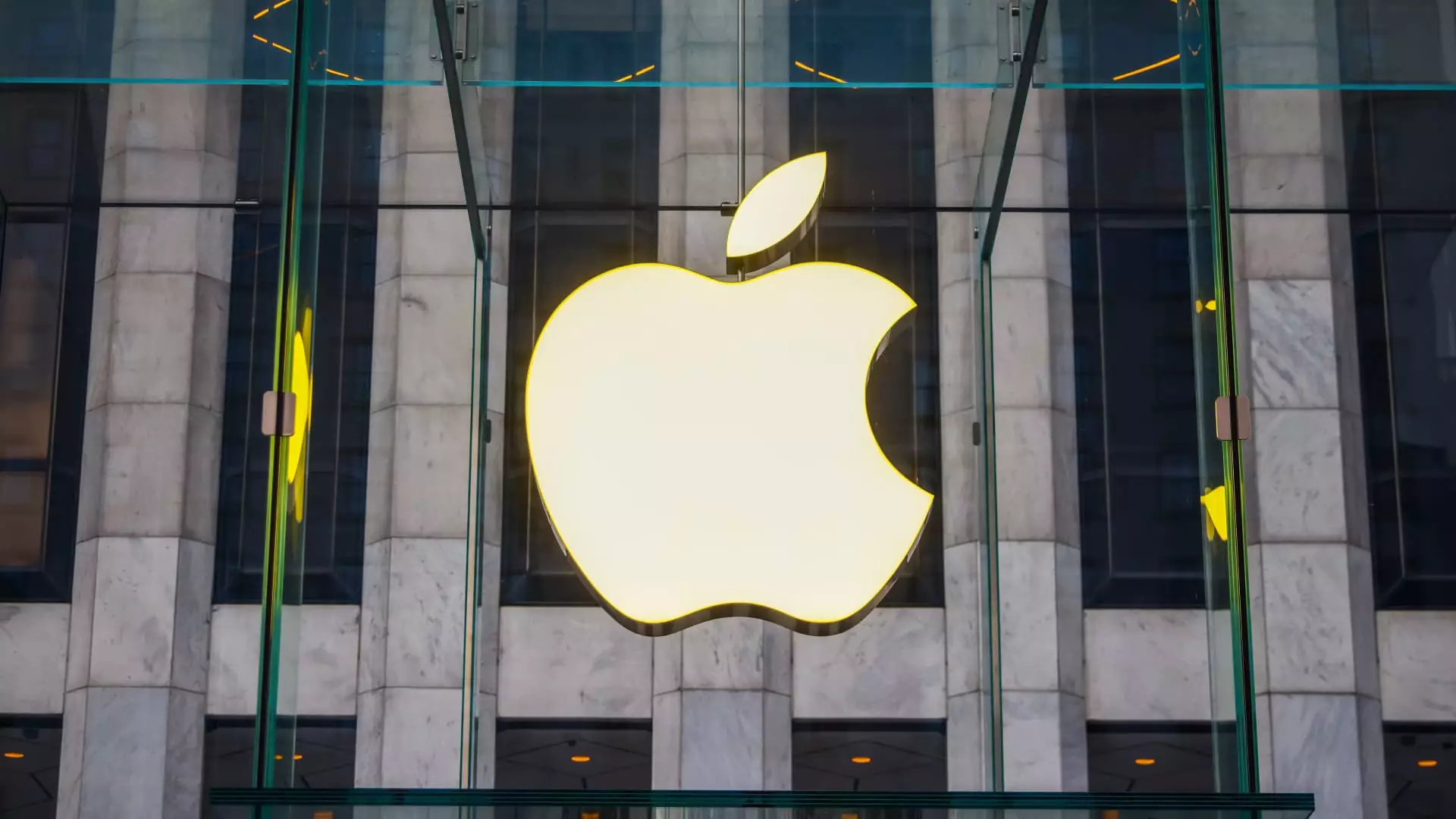Apple Inc., a titan in the technology sector, consistently garners headlines with developments that resonate throughout financial markets. Recently, Berkshire Hathaway, the investment conglomerate helmed by Warren Buffett, made waves by significantly reducing its stake in the tech giant. This strategic move raises questions about market dynamics, investor sentiment, and the broader implications for those invested in Apple’s future.
According to Berkshire Hathaway’s recent earnings report, the company divested approximately 25% of its Apple shares during the third quarter, culminating in a remaining stake valued at nearly $69.9 billion by the end of September. This significant reduction in shares is notable, especially given Apple’s position as Berkshire’s largest investment. Furthermore, Berkshire has undertaken similar reductions in its holdings of Bank of America, contributing to a burgeoning cash reserve that now exceeds $300 billion.
While media coverage surrounding this decision highlights the sheer volume of shares offloaded, the underlying motivations remain somewhat opaque. Analysts suggest various reasons for this divestiture, ranging from profit-taking due to the stock’s substantial gains to a broader reallocation of assets within Berkshire’s investment portfolio.
Market Reactions: Are Investors Concerned?
The stock market’s initial reaction to Berkshire’s reduced stake in Apple was a muted 1% decline in Apple shares, indicating a collective uncertainty among investors. The circumstances are compounded by the fact that Apple’s stock had recently faced a slight downturn, having fallen 5.5% from its peak just a week before the earnings announcement. Market reactions often reflect a range of investor sentiments, from fear and speculation to renewed confidence, and in this instance, the mild decline may suggest a short-term concern rather than a long-term apprehension regarding Apple’s viability.
Despite the dip, the overall sentiment appears to tilt towards optimism. Analysts at Morgan Stanley highlighted Apple’s achievement of decade-high operating margins, while BofA research analysts pointed out increases in global App Store revenue and downloads in October. These factors indicate a robust operational performance that could potentially offset worries triggered by Berkshire’s share sales.
In the aftermath of Berkshire’s sales, various financial institutions have adjusted their price targets for Apple. Loop Capital, for example, revised its target from $300 to $275 per share, which still presents a 24% upside based on recent closing prices. Such adjustments encapsulate the cautious optimism prevailing among analysts. Only time will tell whether these price targets will re-align with market realities, but they reflect a broader belief in Apple’s potential.
Market commentators, like Jim Cramer, emphasize the importance of looking beyond the noise created by headlines. Cramer reinforces the notion that Berkshire’s transactions should not be misconstrued as a signal of decline for Apple. He advocates for a long-term investment strategy in Apple, reinforcing the idea that Berkshire’s sales may simply reflect a prudent financial maneuver rather than a damning indictment of the company’s stability.
The operating environment for Apple is multi-faceted and dynamic, influenced by internal achievements as much as external perceptions and actions from high-profile investors like Berkshire Hathaway. While Berkshire’s decision to reduce its stake raises eyebrows, it does not unequivocally represent a negative outlook on Apple’s future. Instead, it underscores the complicated interplay of investment strategies and market psychology.
For investors in Apple, the message is clear: focus on the fundamentals and long-term vision rather than momentary fluctuations or high-profile sales. The current climate encapsulates a significant opportunity for growth, and with the right perspective, investors can navigate the challenges posed by temporary market sentiment and emerge stronger in their investment journeys.

